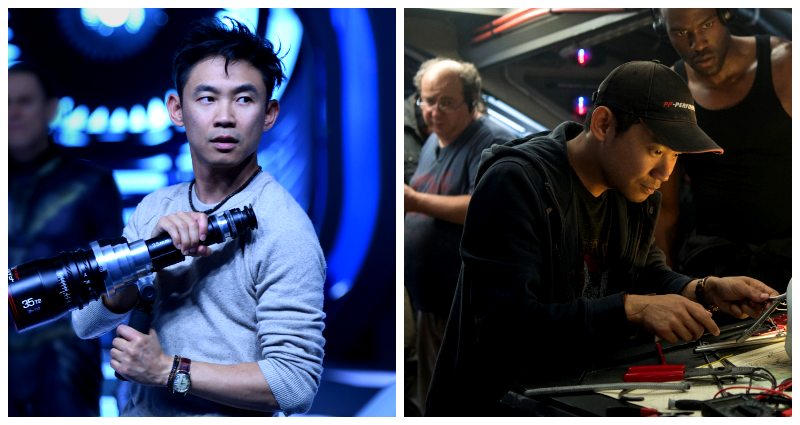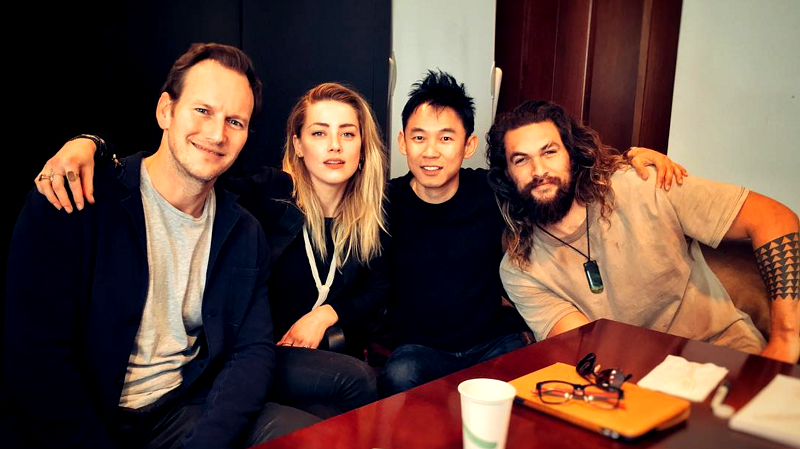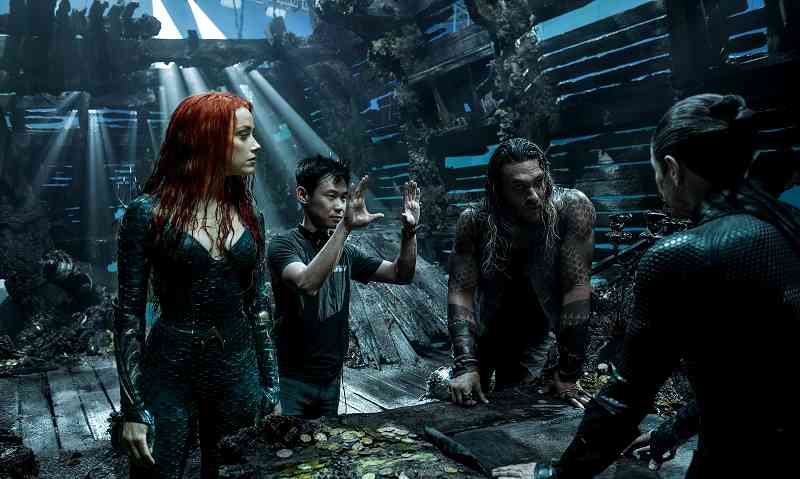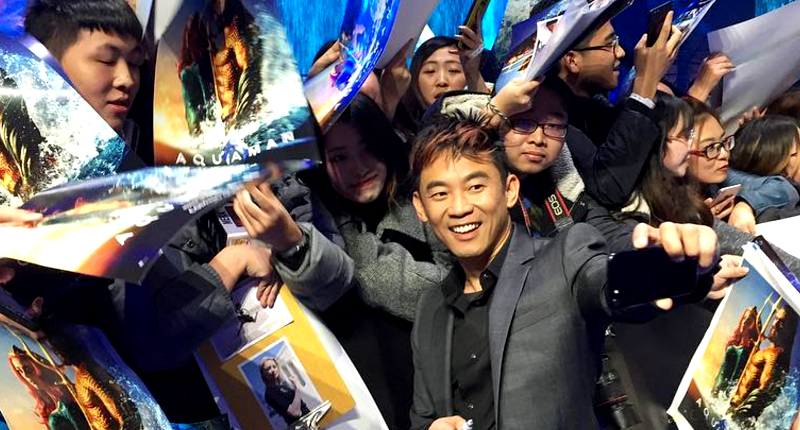An Interview with ‘Aquaman’ Director James Wan, a Hero in His Own Right

By Elliot Sang
December 11, 2018
James Wan is nothing less than a trailblazer.
“At the end of the day,” he tells me, “I do know I inspired filmmakers in the horror genre to get out there and take the bull by the horns, so to speak.”
Taking the bull by the horns has led him here: as the director of “Aquaman,” a superhero movie with a $200 million budget and a take-no-prisoners attitude towards special effects, action sequences, and aggressive marketing. The film, starring Hawaii-born Jason Momoa, debuted in China where it drew nearly $100 million in box office revenue off the bat, leading The New York Times to hail it as “already a box office titan.”

All of this goes without mentioning the obvious, and NextShark’s point of inspection: James Wan is Asian. More specifically, he’s Malaysian Chinese, having moved with his family to Australia at a young age.
“Just like most immigrants, when you get the opportunity to get these other countries, you work as hard as you can,” he says. “That’s how it’s always been for me.”
I’m given only ten minutes to speak with James, but he happily gives an extra minute or so of his time. He’s polite, humorous and respectful of my questions, which has fit his disposition throughout “Aquaman’s” press process. When our conversation ends, he quips that my publication being named “NextShark” covering “Aquaman” is very apro pos. At every event, he’s got a wide smile on his face, ready to pump up fans for the film. He’s proud of what he does.

“I’ve worked very hard and I’ve always wanted to stand out from the crowd,” says Wan. “I think that speaks more to my own personality than anything else. I looked at all my cousins around me and they’re all very smart academically, very educated. Naturally, I wanted to pick a path that was more art-oriented, and that’s what I ultimately pursued in the art of filmmaking. And with the Asian hardworking mentality, I kept going at it and I did not stop until I felt like I was where I wanted to be.”
Wan is not hesitant to embrace aspects of his Malaysian Chinese heritage; he takes pride in the immigrant-style hustle that has defined his success. But much of what he does, as he relates to me, serves as his way of deconstructing and ultimately revoking stereotypes. “I’m making movies that are generally not associated with Asian filmmakers, in the horror genre for example,” says Wan. “I think it’s really cool to break the stereotype. I hate stereotypes, and I always try to find ways to turn them on their head.”

Images of James Wan signing autographs in a sea of Chinese fans in Beijing, or Aquaman’s character being portrayed by half-Polynesian Jason Momoa, show promising development in media diversity. Wan himself understands what it’s like to be a young person of Asian descent struggling to find role models.
“When I was growing up, I didn’t really have that many people to look up to,” he says. “I admired Brandon Lee so much, but then his career got cut short so quickly.”
Lee himself, the son of Bruce Lee and Linda Cadwell, created a superhero movie. It quite literally cost him his life; he died on the set of “The Crow,” which he starred in, after accidentally being shot with a prop gun. Lee remains a what-if story, especially as a biracial Asian American with gobs of talent and a platform given from a young age without having to work through the strenuous confines of Hollywood norms.
“If I’m a role model for future filmmakers, that’s an awesome thing,” he says. “I would love to inspire other filmmakers, regardless of race or color.”
Share this Article
Share this Article